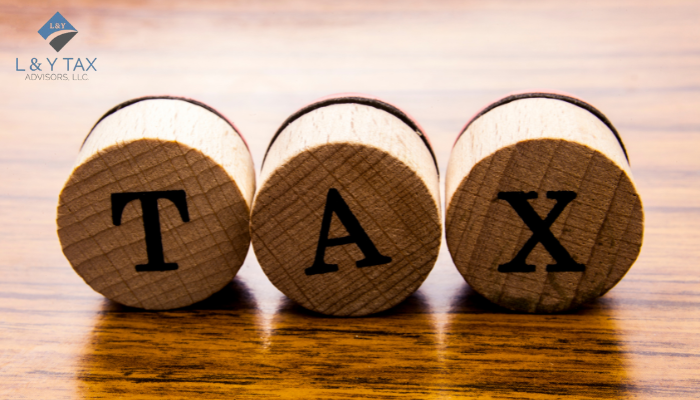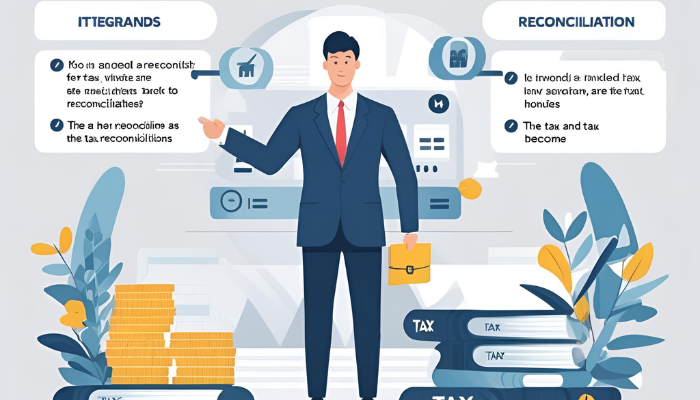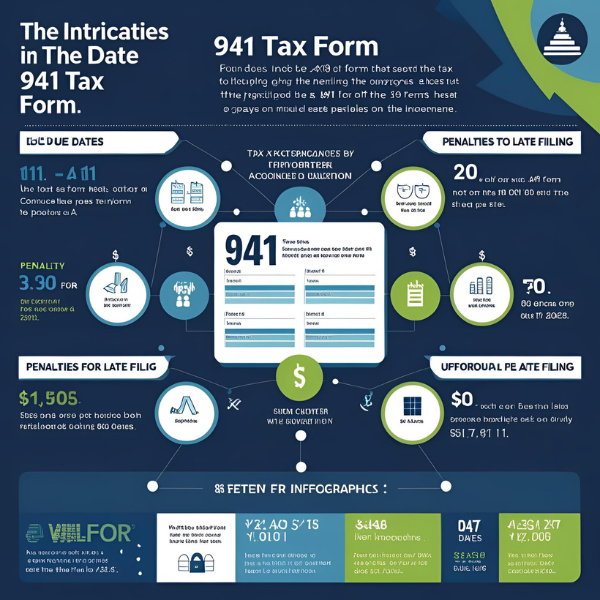
What is a Wheel Tax?
One odd phrase that frequently causes people to squirm is ‘wheel tax’. Have you wondered what is a wheel tax and how does it work?
When it comes to local government and funding, wheel tax steps forward. It may sound like a tax on bicycle tires or a charge on auto aficionados. However, the truth is beyond mundane yet necessary to learn.
Our competent business property tax services help you learn what is a wheel tax and how it works to either benefit or challenge you!
The Origin of Wheel Tax
A wheel tax is a type of excise tax levied on cars registered under a local government’s authority. Unlike sales taxes or regular property taxes, which are imposed generally, the wheel tax explicitly targets cars.
The name comes from the fact that a car’s wheel count usually determines the amount of tax.
What is Local Wheel Tax?
In the United States, local wheel tax levies that counties and municipalities charge on cars registered in their jurisdiction. The tax is typically assessed once a year. It is determined by a variety of variables, including:
- The kind of vehicle
- Vehicle’s weight
- Number of wheels
Local wheel taxes are frequently used to:
- Finance infrastructure improvements
- Road maintenance
- Other transportation-related services
Why is There a Wheel Tax?
The following reasons explain the need for wheel tax in your state:
- Raising funds to maintain and upgrade regional roads, bridges, and transit systems is one of the main goals of enacting a wheel tax.
- The wheel tax’s proponents contend that it encourages tax justice. In contrast to residential property tax, the wheel tax distributes the cost to all car owners, regardless of whether or not they own real estate.
- Imposing their wheel tax gives municipalities more control over their finances. This helps them not just rely on state or federal budget allocations but also address particular infrastructure requirements and adjust tax rates based on local circumstances.
- Wheel fees are a tool used by certain governments to promote eco-friendly transportation options like electric vehicles or bicycles. They want to raise fees on vehicles that consume more gasoline or trucks with more axles.
Rebukes and Obstacles
The wheel tax has its detractors, even if it is thought to have advantages. Critics frequently express worries about the following:
- Low-income people are disproportionately affected by the wheel tax since they may depend on older cars or cannot pay the additional charge.
- For local governments, administering and enforcing wheel fees may be complex and resource-intensive, especially in places with significant car turnover or migrant populations.
- Some locals believe that the wheel tax is arbitrary or needless, mainly because they think the money raised is not being used to its full potential.
The Bottom Line
Learning what is a wheel tax helps you comprehend its complexity. It is an intricate type of municipal tax essential to maintaining public roadways and financing transportation infrastructure. Understanding the workings of the wheel tax and its consequences is imperative for individuals and local governments to engage in informed civic involvement and decision-making.


